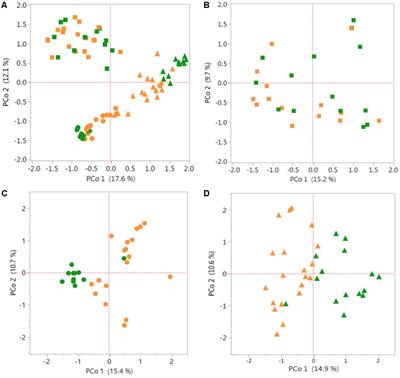EDITORIAL
Published on 10 Oct 2019
Editorial: Setaria as a Model Genetic System to Accelerate Yield Increases in Cereals, Forage Crops, and Bioenergy Grasses
doi 10.3389/fpls.2019.01211
- 1,828 views
- 7 citations
14k
Total downloads
58k
Total views and downloads
EDITORIAL
Published on 10 Oct 2019
ORIGINAL RESEARCH
Published on 14 Nov 2018

ORIGINAL RESEARCH
Published on 31 Oct 2018

ORIGINAL RESEARCH
Published on 12 Sep 2018

ORIGINAL RESEARCH
Published on 04 Sep 2018

ORIGINAL RESEARCH
Published on 21 Aug 2018

ORIGINAL RESEARCH
Published on 30 Jul 2018

ORIGINAL RESEARCH
Published on 19 Jul 2018

REVIEW
Published on 29 May 2018

MINI REVIEW
Published on 25 May 2018

ORIGINAL RESEARCH
Published on 09 Feb 2018

ORIGINAL RESEARCH
Published on 22 Dec 2017
